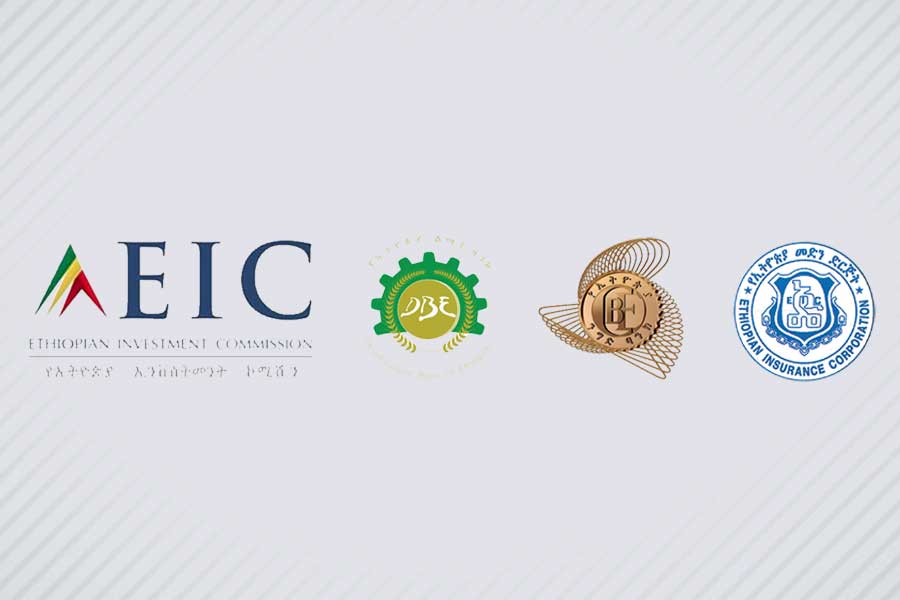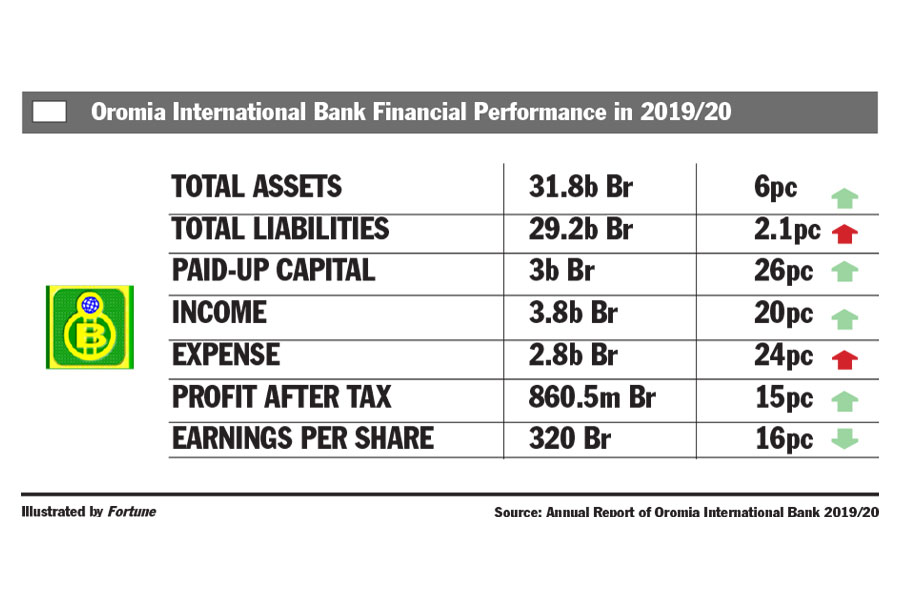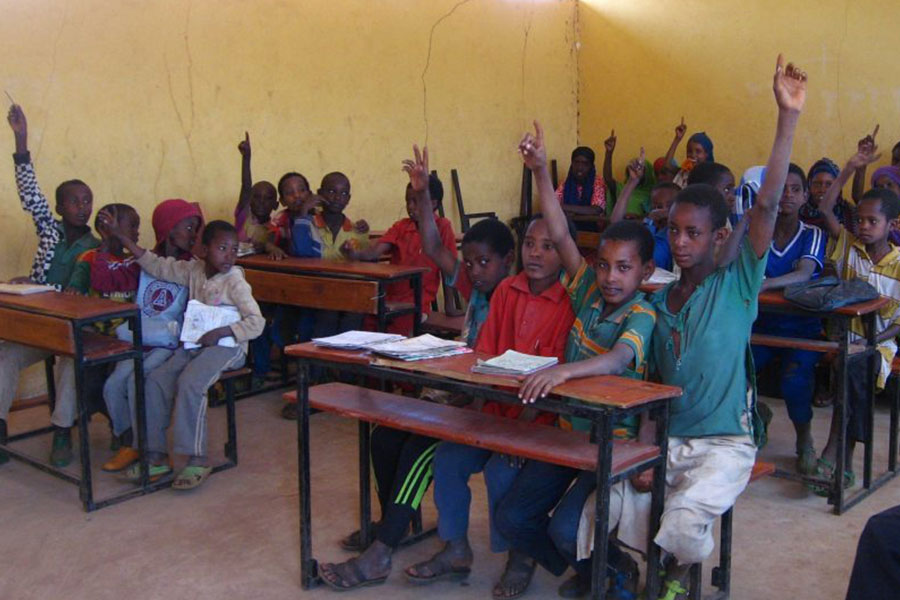
May 13 , 2023
By Bjorn Lomborg
One thing that taxpayers and politicians agree on practically anywhere is that more money should be spent on children's education. This seems like a no-brainer: better education offers children a better start in life.
But we need to be careful. Many famous educational investments deliver little or no learning, while we rarely hear about the most effective investments.
In the early 2000s, "One Laptop Per Child" was touted as a revolutionary game-changer in education with the support of charismatic leaders and politicians: it was supposed to be "the laptop that saved the world." Yet, when the policy was eventually assessed, there were "no impacts on academic achievement or cognitive skills".
Indeed, spending a fortune on well-intentioned initiatives that deliver little or no learning is easy.
India increased spending per primary school pupil by 71pc over seven years, but reading and maths test scores declined sharply. Indonesia doubled education spending to pay teachers more and achieve the lowest class sizes in the world. Yet, a large, randomised, controlled study did not show any impact on student learning.
The approaches taken most often by governments - increasing salaries for teachers, lowering class sizes, and building more schools - are costly and do little or nothing for learning. Yet, they are often the go-to solutions for international pledges like the education promises in the Sustainable Development Goals (SDGs). All governments have agreed to these expansive goals, but their 2030 education promises are impossibly ambitious. On current best trends, we will be at least a quarter-century late.
Indeed, the world is failing across all its promises, from hunger and poverty, over climate and corruption to health and inequality. The reason is apparent: politicians decided to promise everything. The current global priorities include an impossible 169 promises under 17 categories. Having all these priorities is indistinguishable from having none.
The world will be at halftime for its promises this year, yet it will be nowhere near halfway. It is time to identify and prioritise the most effective policies. The Copenhagen Consensus, a think tank, together with several leading economists, has been working for years to determine where each Birr can do the most good.
The problem is urgent for the poorer half of the world. Most children worldwide attend school, but many learn little. Almost 80pc are not learning basic reading and maths skills of nearly half billion primary school children. Instead of unrealistically promising hundreds of billions of dollars to achieve little or no extra learning, we should look for intelligent and practical solutions first.
Our new peer-reviewed research shows that two affordable policies can make an impactful difference.
The first proven approach helps pupils to learn more effectively. Almost universally, school classes put all nine-year-olds in one grade and 10-year-olds in another. But many of the children in each of those classes are either far behind and ready to give up or far ahead and bored.
An effective way of addressing this is using tablets to teach students for one hour daily. With existing educational software, the tablet quickly assesses the level of the student and starts teaching precisely at that level. For one hour a day, that student is taught at her right level, boosting learning. After one year, testing shows that he has learned what would typically have taken three full years.
The second proven strategy is "structured pedagogy", helping teachers teach better. A trial in Kenya was so successful that the approach was adopted for the whole country. With a full year of semi-structured teaching plans, coaching, and encouraging text messages, the project helps teachers provide more engaging and helpful instruction. Studies show this delivers learning equivalent to almost one extra year of schooling.
Each extra year of learning boosts a child's lifelong prospects and benefits a country's economy. Enacting these two policies across the poor half of the world would cost less than 10 billion dollars. But it would deliver long-term economic productivity growth worth over 600 billion dollars. Every dollar delivers an outstanding 65 dollars of social benefits.
This is much better than current promises to spend hundreds of billions of dollars on initiatives that do little or nothing to improve learning.
Improving the futures of children is indeed a no-brainer. Considering our scarce resources, we should prioritise spending 10 billion dollars on proven, practical approaches and deliver on the most critical education pledge of all: radically improved learning.
PUBLISHED ON
May 13,2023 [ VOL
24 , NO
1202]


My Opinion | Feb 20,2021

Fortune News | Dec 26,2020

Radar | Jul 08,2023

Sunday with Eden | Oct 05,2024

Fortune News | Jan 09,2021

View From Arada | Jun 12,2021

My Opinion | Dec 30,2023

Viewpoints | Mar 09,2024

Sunday with Eden | Jan 31,2021

Commentaries | Oct 14,2023

My Opinion | 131451 Views | Aug 14,2021

My Opinion | 127803 Views | Aug 21,2021

My Opinion | 125784 Views | Sep 10,2021

My Opinion | 123419 Views | Aug 07,2021

Dec 22 , 2024 . By TIZITA SHEWAFERAW
Charged with transforming colossal state-owned enterprises into modern and competitiv...

Aug 18 , 2024 . By AKSAH ITALO
Although predictable Yonas Zerihun's job in the ride-hailing service is not immune to...

Jul 28 , 2024 . By TIZITA SHEWAFERAW
Unhabitual, perhaps too many, Samuel Gebreyohannes, 38, used to occasionally enjoy a couple of beers at breakfast. However, he recently swit...

Jul 13 , 2024 . By AKSAH ITALO
Investors who rely on tractors, trucks, and field vehicles for commuting, transporting commodities, and f...

Jun 28 , 2025
Meseret Damtie, the assertive auditor general, has never been shy about naming names...

Jun 21 , 2025
A well-worn adage says, “Budget is not destiny, but it is direction.” Examining t...

Jun 14 , 2025
Yet again, the Horn of Africa is bracing for trouble. A region already frayed by wars...

Jun 7 , 2025
Few promises shine brighter in Addis Abeba than the pledge of a roof for every family...

Jun 29 , 2025
Addis Abeba's first rains have coincided with a sweeping rise in private school tuition, prompting the city's education...

Jun 29 , 2025 . By BEZAWIT HULUAGER
Central Bank Governor Mamo Mihretu claimed a bold reconfiguration of monetary policy...

Jun 29 , 2025 . By BEZAWIT HULUAGER
The federal government is betting on a sweeping overhaul of the driver licensing regi...

Jun 29 , 2025 . By NAHOM AYELE
Gadaa Bank has listed 1.2 million shares on the Ethiopian Securities Exchange (ESX),...